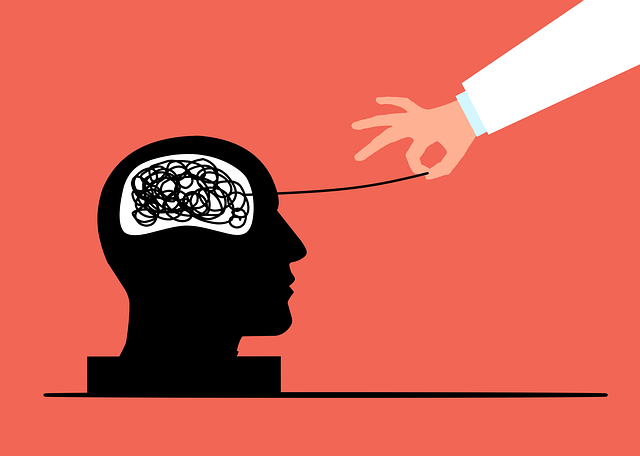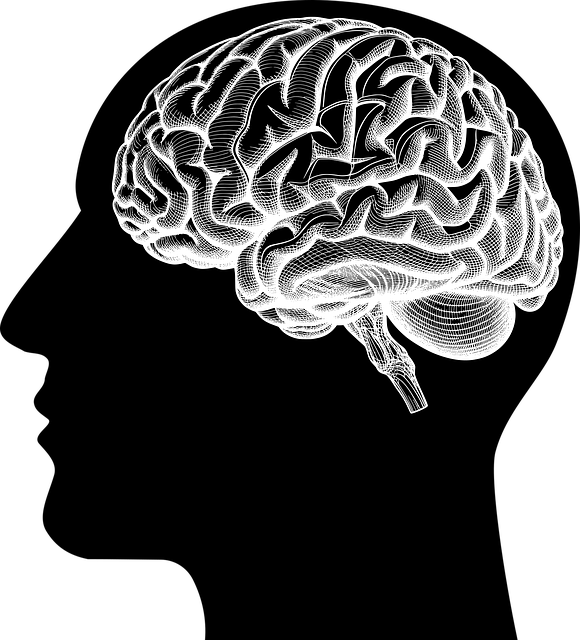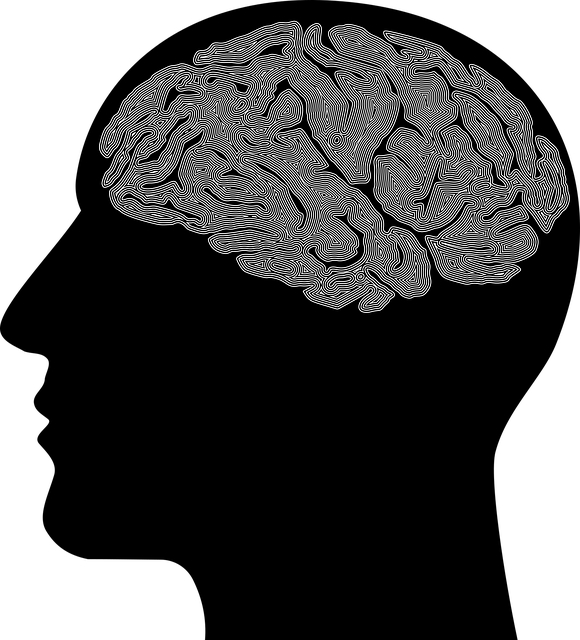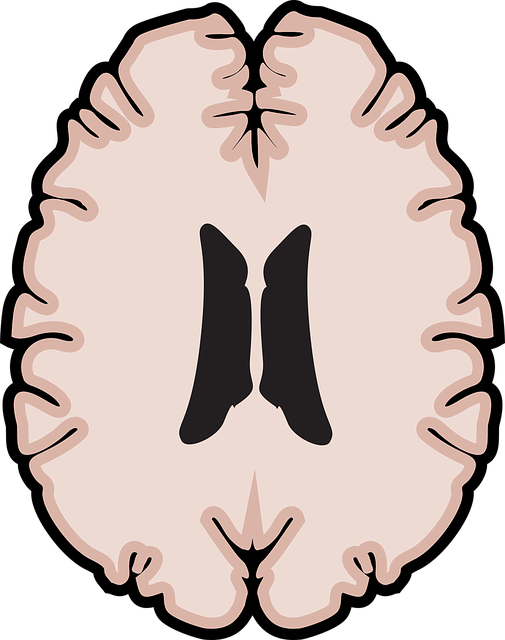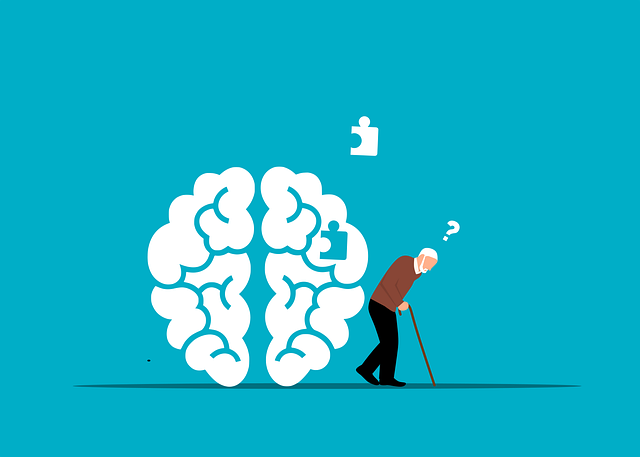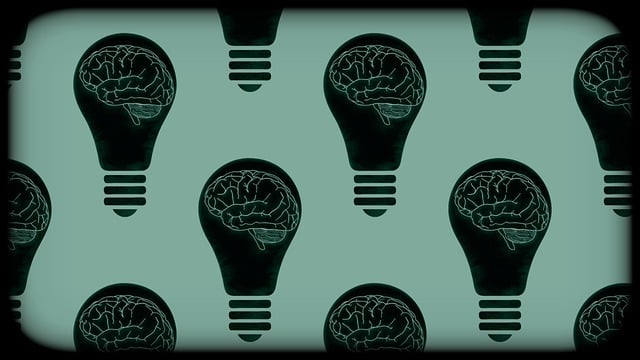Mental health policies are crucial for supporting elderly populations, addressing unique challenges like depression, anxiety, and chronic pain. With an estimated 20% to 30% of older adults affected, chronic pain management is essential for preventing psychological issues and promoting mental well-being. Current policies often neglect these needs, advocating for integrated physical and mental health services, Mental Wellness Coaching Programs, and Public Awareness Campaigns. Accessing specialized therapy for elders with chronic pain is a priority, involving policy advocacy, funding increases, and insurance coverage to revolutionize mental health care delivery for this vulnerable group.
Mental health policy analysis is crucial for understanding and addressing the unique challenges faced by elderly populations. This article delves into the profound impact of mental health policies on seniors, focusing on chronic pain as a prevalent issue with significant psychological effects. We analyze existing policies and their shortcomings in managing elderly mental health. Furthermore, we explore advocacy strategies aimed at enhancing access to therapy for elders with chronic pain, emphasizing the importance of targeted interventions in this realm.
- Understanding Mental Health Policy and Its Impact on Elderly Populations
- The Prevalence of Chronic Pain Among Seniors and Its Psychological Effects
- Analyzing Existing Policies and Their Shortcomings in Addressing Elderly Mental Health
- Advocacy Strategies for Improving Access to Therapy for Elders with Chronic Pain
Understanding Mental Health Policy and Its Impact on Elderly Populations

Mental health policies play a pivotal role in shaping the well-being of elderly populations, who often face unique challenges related to mental health issues. As the aging demographic grows, understanding and addressing their specific needs have become increasingly critical. The impact of poor mental health among elders can be profound, affecting not only their overall quality of life but also contributing to physical health decline and limited independence.
Elderly individuals may struggle with conditions such as depression, anxiety, and chronic pain, which are often exacerbated by social isolation and a lack of access to appropriate therapy. Incorporating evidence-based practices that focus on emotional intelligence and communication strategies can significantly enhance their well-being. Moreover, policies advocating for inner strength development through therapeutic interventions can empower elders to manage their mental health effectively, ensuring they receive the support needed to thrive in their later years.
The Prevalence of Chronic Pain Among Seniors and Its Psychological Effects

The prevalence of chronic pain among seniors is a growing concern, with an estimated 20% to 30% of older adults experiencing significant chronic pain. This high occurrence has profound psychological implications, often leading to feelings of isolation, depression, and anxiety. Seniors with chronic pain may struggle with daily activities, which can result in reduced mobility and social withdrawal, further exacerbating their mental health challenges.
The impact extends beyond physical discomfort; chronic pain can hinder an elder’s ability to engage in meaningful activities and maintain a sense of purpose. Empathy-building strategies, coping skills development, and self-awareness exercises can play a crucial role in supporting seniors with chronic pain. These interventions not only help individuals manage their pain but also foster resilience and improve overall mental well-being, enabling them to navigate the challenges associated with persistent pain.
Analyzing Existing Policies and Their Shortcomings in Addressing Elderly Mental Health

The current landscape of mental health policies often overlooks a critical demographic: the elderly population. Despite the rising prevalence of mental health issues among older adults, many existing policies fail to address their unique needs effectively. This is particularly evident in the treatment of chronic pain, which is prevalent among the elderly and can significantly impact their overall mental wellness. The current approach often focuses on acute care rather than long-term strategies for managing chronic conditions, leaving a gap in support for this vulnerable group.
Policy analysts argue that one of the shortcomings is the lack of integration between physical and mental health services. Given the complex interplay between chronic pain, emotional regulation, and mental wellness, a holistic approach is essential. Developing Mental Wellness Coaching Programs can cater to the specific needs of the elderly, empowering them to manage their conditions effectively. Additionally, Public Awareness Campaigns Development targeting older adults and their caregivers can help identify mental health issues early on and encourage help-seeking behaviors, ultimately improving overall emotional regulation.
Advocacy Strategies for Improving Access to Therapy for Elders with Chronic Pain

Access to therapy for elders with chronic pain has been a growing concern within mental health policy circles. Effective advocacy strategies are essential to ensure that this vulnerable population receives adequate support and care. One key approach involves pushing for policy changes that streamline access to specialized therapy services tailored for older adults. This includes lobbying for increased funding allocation towards community-based mental health centers, offering incentives for therapists who specialize in geriatric care, and promoting coverage of chronic pain management therapies under insurance plans.
Furthermore, leveraging communication strategies such as public awareness campaigns and direct engagement with policymakers can help highlight the unique challenges faced by elders in accessing therapy. The development of Mental Wellness Coaching Programs tailored for this demographic, coupled with Social Skills Training initiatives, could also foster a more supportive environment. By integrating these strategies, advocates aim to revolutionize mental health care delivery, ensuring that elders experiencing chronic pain receive comprehensive and accessible treatment options.
Mental health policy analysis reveals critical gaps in addressing the unique challenges faced by elderly populations. The intersection of chronic pain and mental health issues among seniors demands targeted interventions, especially considering the psychological effects of pain. Existing policies often fall short, highlighting the urgent need for advocacy to improve access to therapy for elders with chronic pain. By implementing effective advocacy strategies, we can foster more inclusive healthcare systems that prioritize the mental well-being of our aging society.
